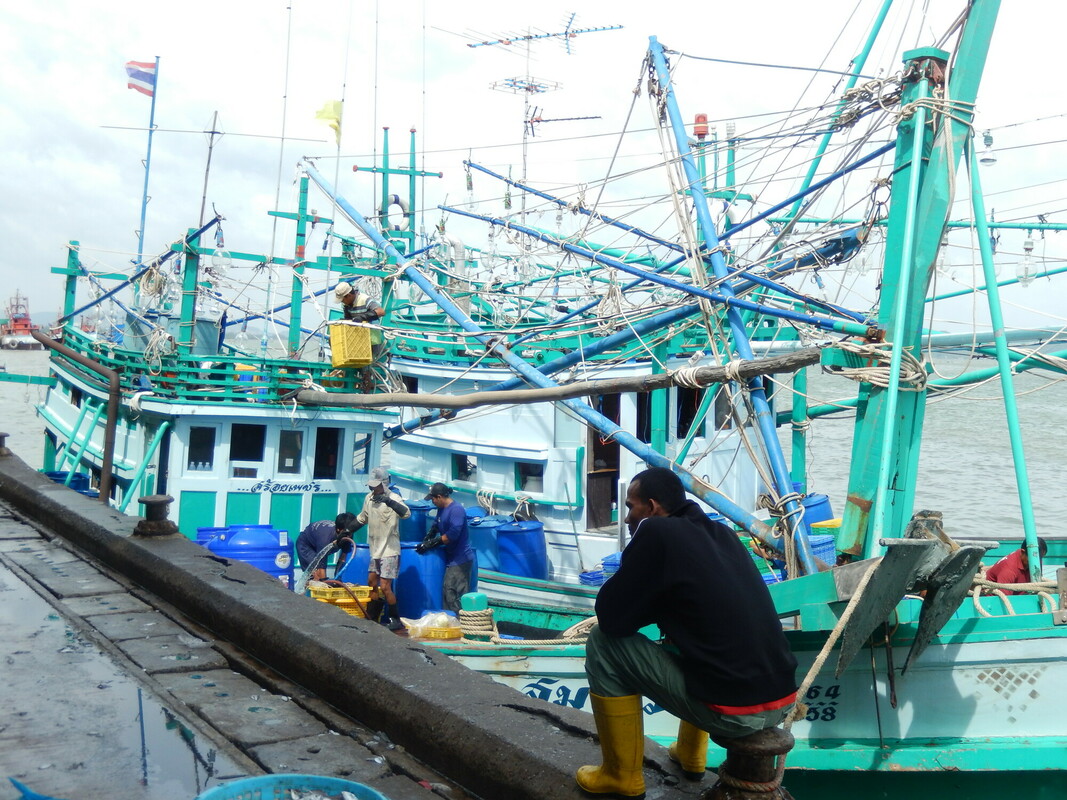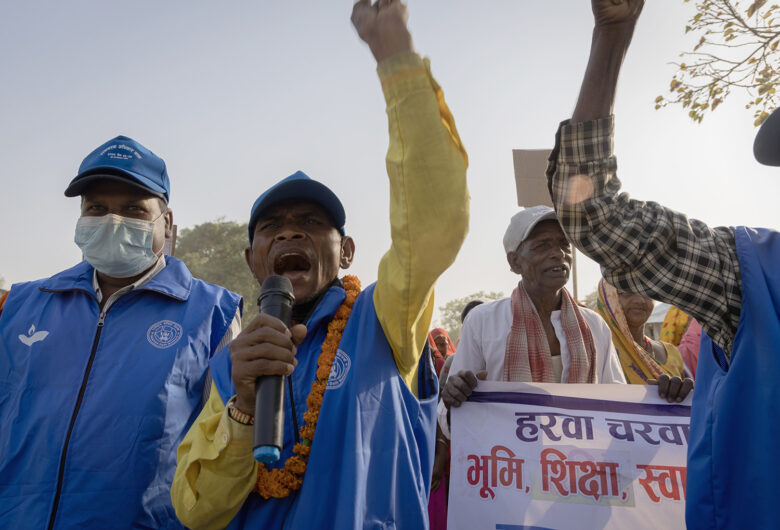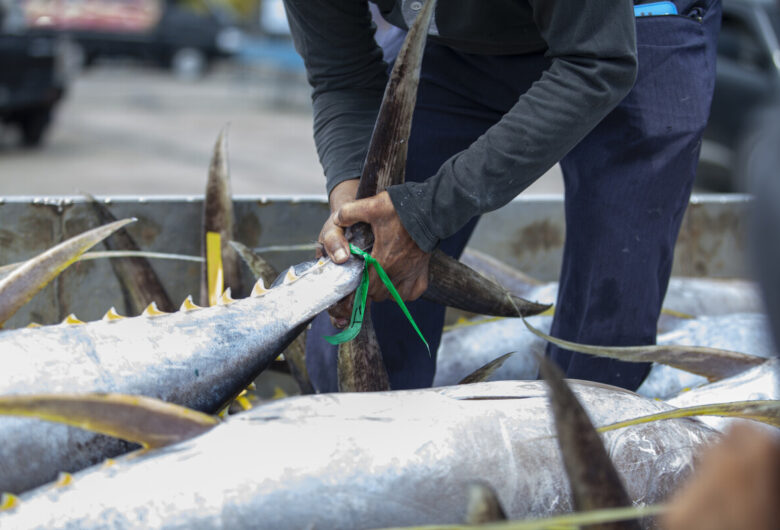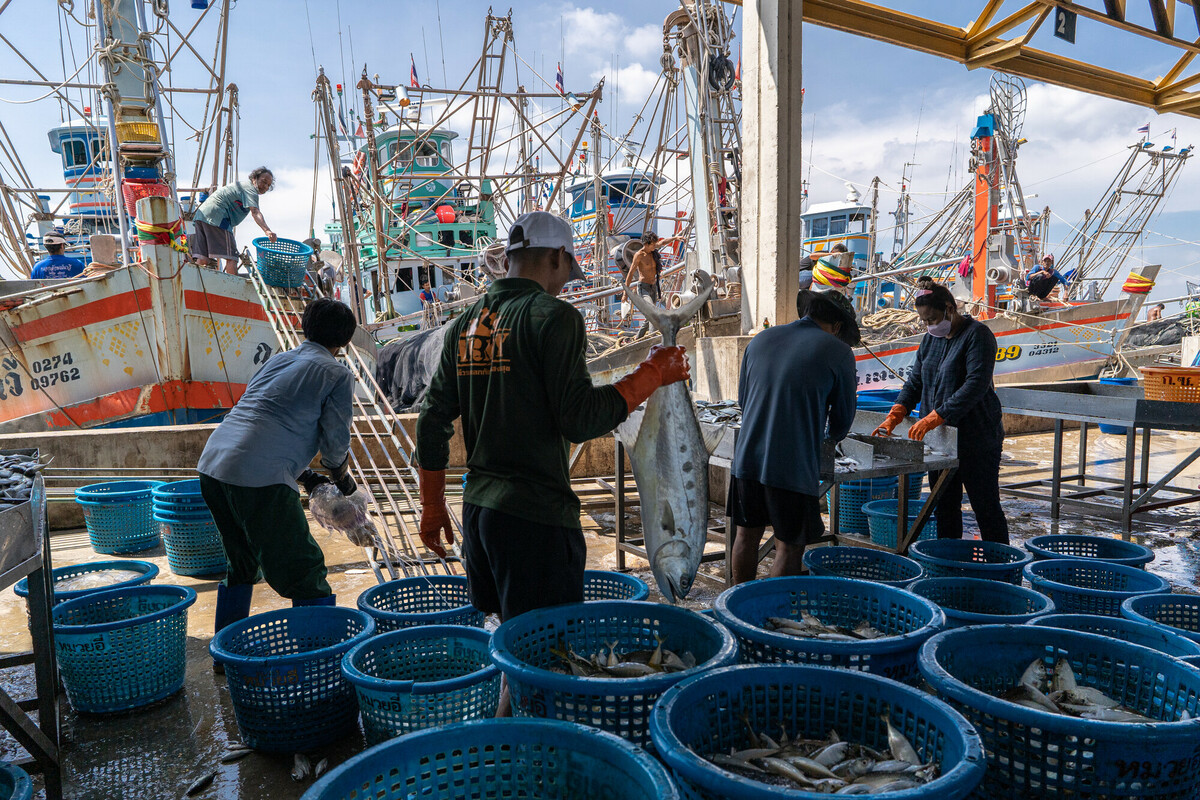
Ecosystem building
The quest for corporate accountability in cases of forced labour is pivotal to the systemic eradication of modern slavery. With emerging enforceable standards for responsible business conduct and a growing number of legal actions against multinational corporations, there’s newfound momentum to foster accountability and justice for global supply chain workers.
In 2021, The Freedom Fund initiated a comprehensive scoping study to analyse the involvement of frontline NGOs and lawyers from the Global South in legal actions for corporate accountability related to forced labour. This study assessed the accountability frameworks within Thailand, Malaysia, and The Philippines, revealing a stark absence of structured pathways for local stakeholders to engage in transnational legal strategies. The connective tissue and resources necessary to maintain such actions are often out of reach, leaving little room for local actors to consider these complext legal avenues.
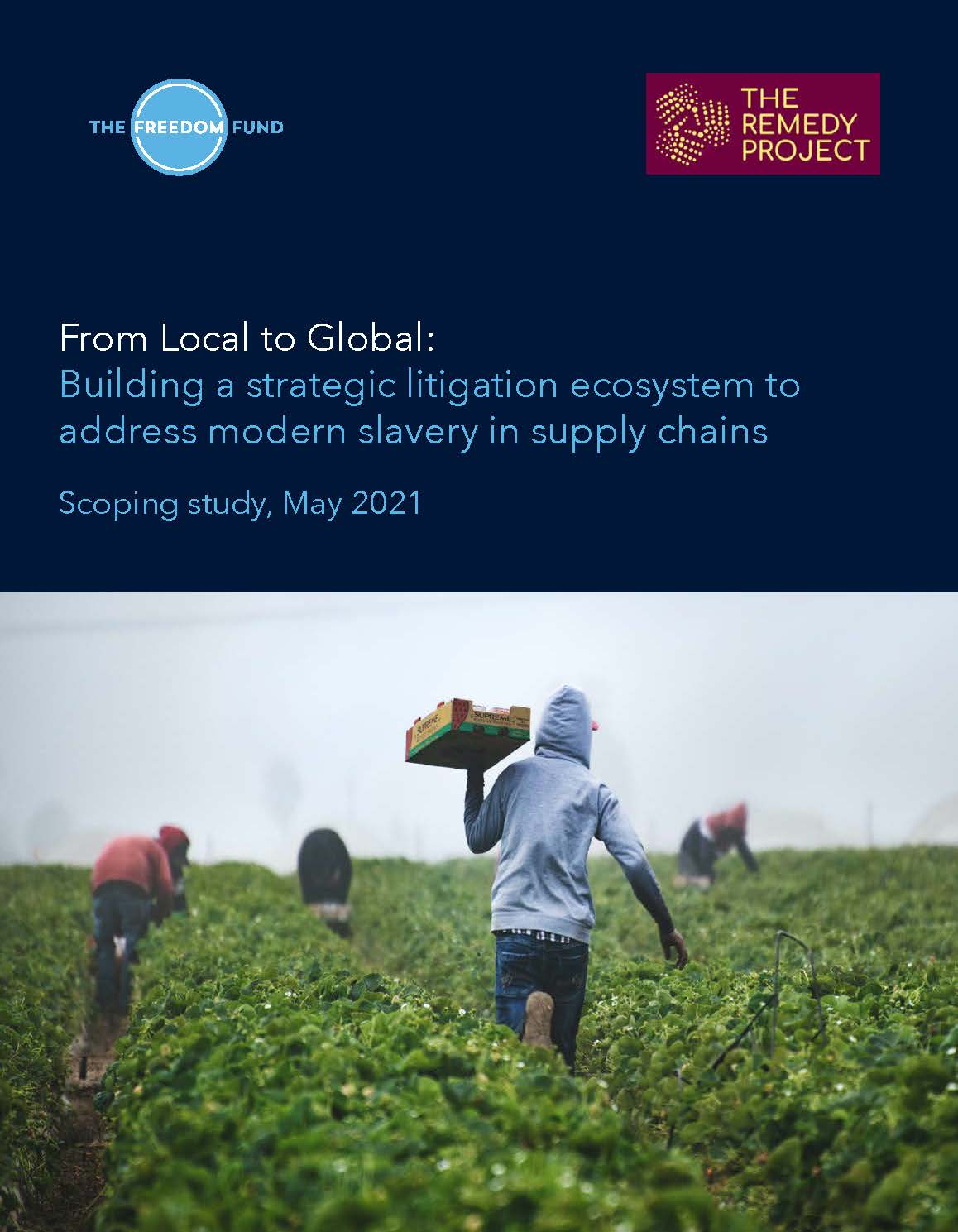
Advancing corporate accountability in global supply chains
The Freedom Fund is committed to supporting a stronger and more connected global corporate accountability movement to challenge exploitative practices. With our Corporate Accountability Global Initiative, we’re excited to embark on an ecosystem-building venture in South East Asia designed to amplify the capacities of Global South-based NGOs, lawyers, and activists.
We support organisations in Cambodia, Indonesia, Malaysia, the Philippines, Taiwan, and Thailand to build corporate accountability initiatives, from training community members to monitor harm to strategic litigation and advocacy for national-level legislative reform. We provide them with the tools and support, including networking and alliance-building, they need to make significant strides in their strategies.
